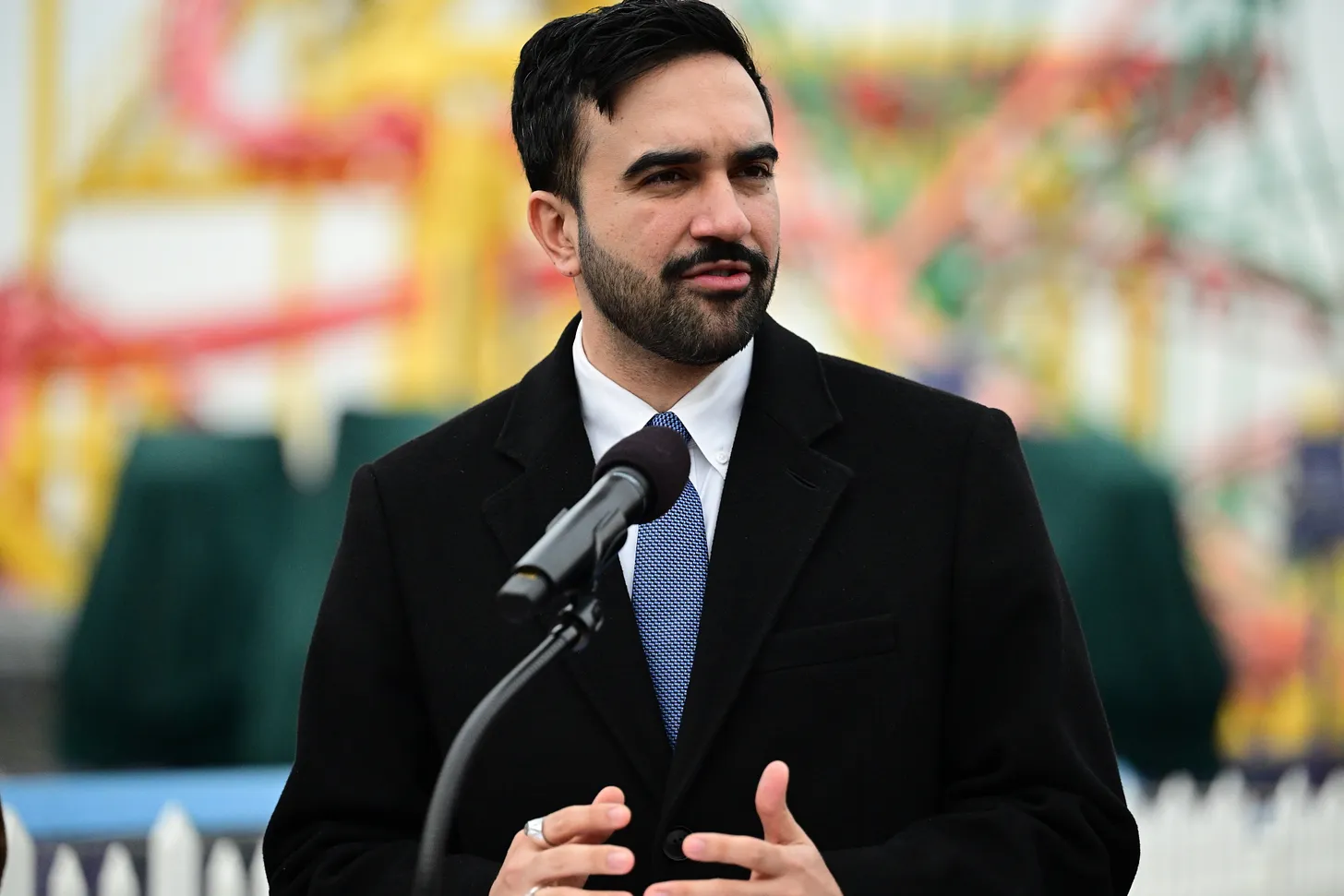 As a part of the deal struck that year, Haiti would join the Venezuelan-led oil alliance known as PetroCaribe and it would purchase oil “only 60 percent up front with the remainder payable over twenty-five years at 1 percent interest” — a remarkably good deal for the Western hemisphere’s poorest country.
As a part of the deal struck that year, Haiti would join the Venezuelan-led oil alliance known as PetroCaribe and it would purchase oil “only 60 percent up front with the remainder payable over twenty-five years at 1 percent interest” — a remarkably good deal for the Western hemisphere’s poorest country.
The U.S. embassy at the time noted that Haiti would save a hundred million U.S. dollars a year under the terms of the PetroCaribe deal; the saved dollars would then earmarked for development in schools, health care, and infrastructure. Yet, under the charge of ambassador Janet Sanderson, the embassy immediately set out to sabotage the deal.
In a classified cable, Sanderson noted that the embassy started to “pressure” Haitian leader Rene Preval from joining PetroCaribe, saying that it would “cause problems with [the United States.]” Major oil companies — such as ExxonMobil and Chevron — began threatening to cut off ties with Haiti, and Sanderson repeatedly met with the energy firms to assure them that she would pressure Haiti at the “highest levels of government.” The U.S. embassy also continually warned Preval against traveling to Venezuela and collaborate with other left-wing governments in the region.





 The confirmed count of Russian soldiers, officers, sailors and airmen confirmed killed in action or dead...
The confirmed count of Russian soldiers, officers, sailors and airmen confirmed killed in action or dead... New York City offers a contractor for Immigration and Customs Enforcement (ICE), the U.S. Border Patrol,...
New York City offers a contractor for Immigration and Customs Enforcement (ICE), the U.S. Border Patrol,... Casualty counts: Over the past 24 hours, seven Palestinians were injured in Israeli attacks in Gaza....
Casualty counts: Over the past 24 hours, seven Palestinians were injured in Israeli attacks in Gaza.... Overnight, Ukraine’s Defense Forces struck Russian command posts, ammunition depots, logistics hubs and a repair base...
Overnight, Ukraine’s Defense Forces struck Russian command posts, ammunition depots, logistics hubs and a repair base...






























